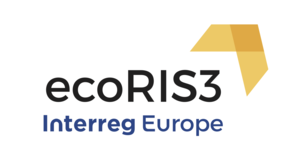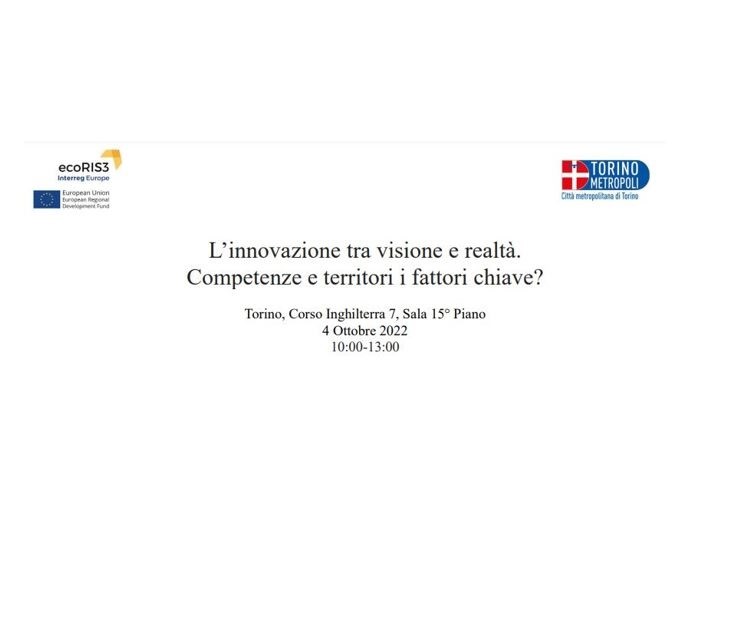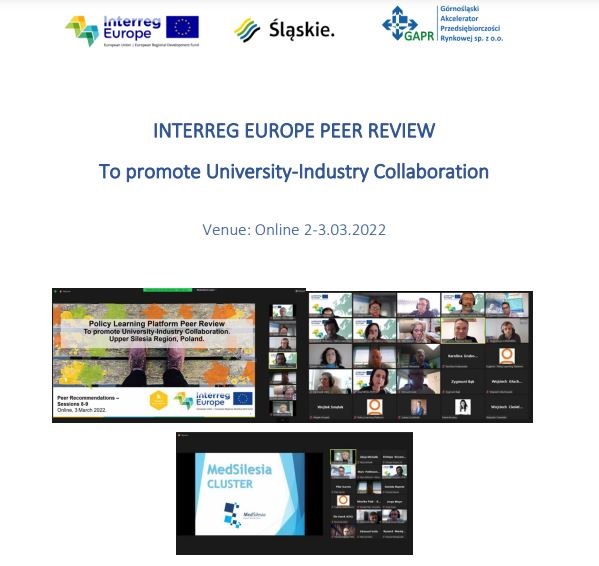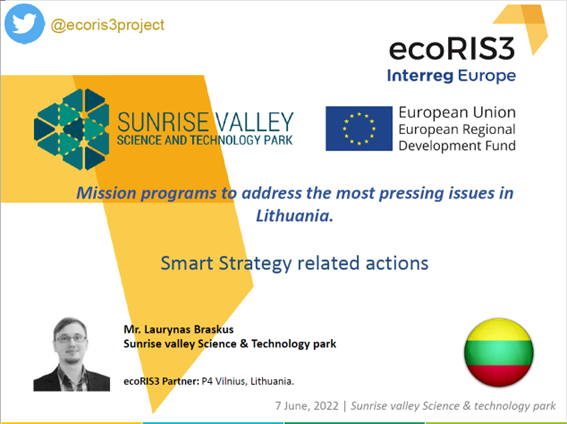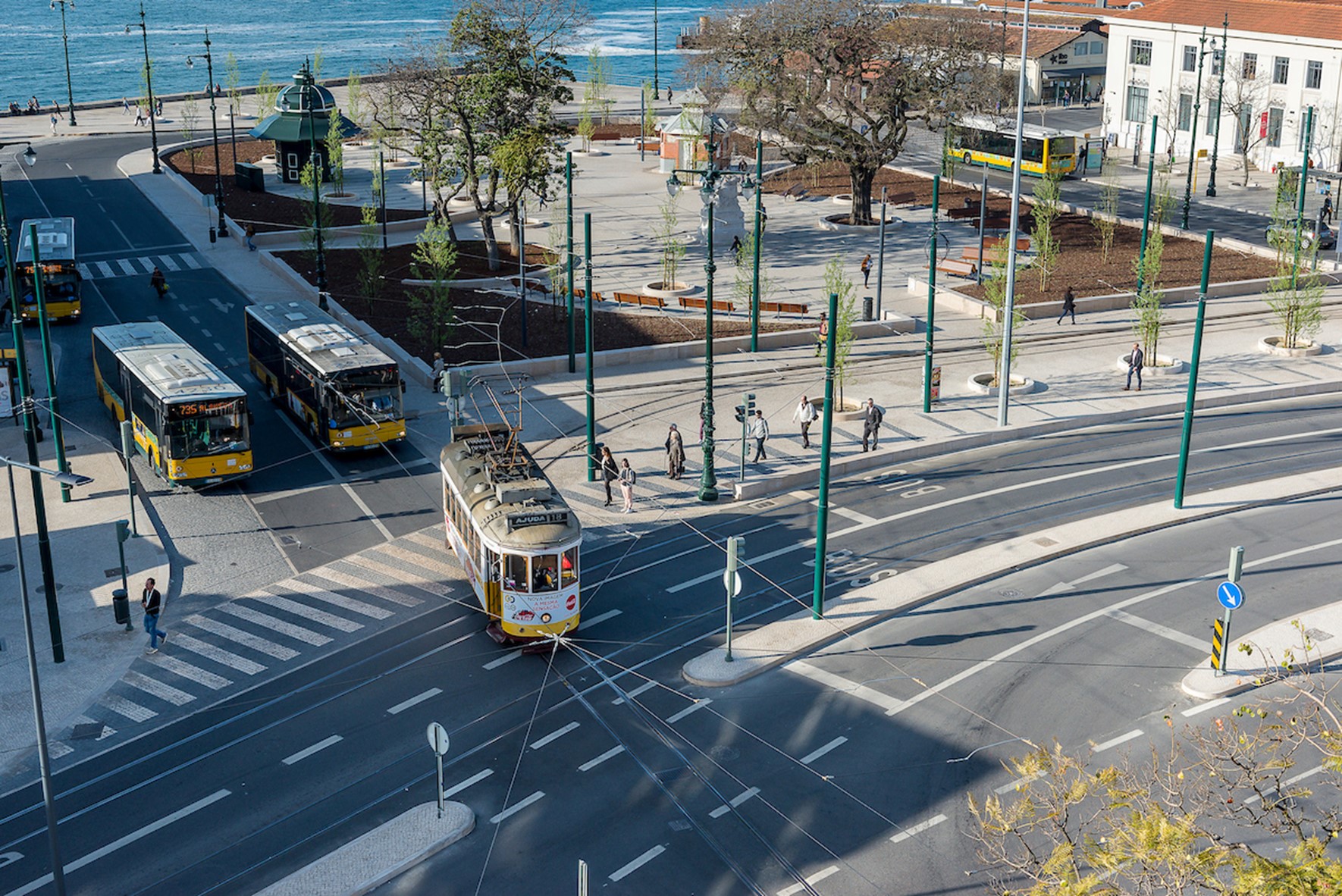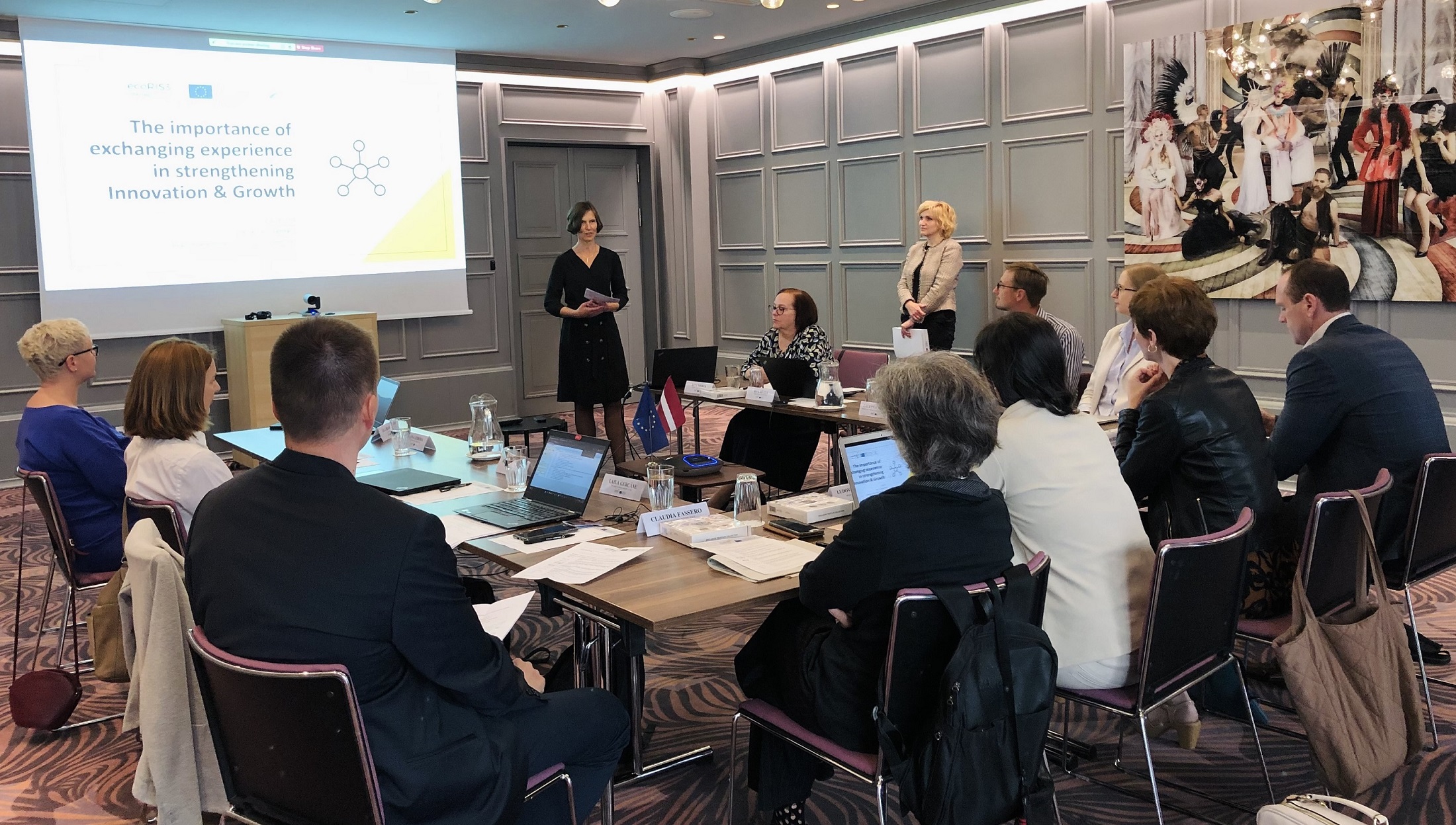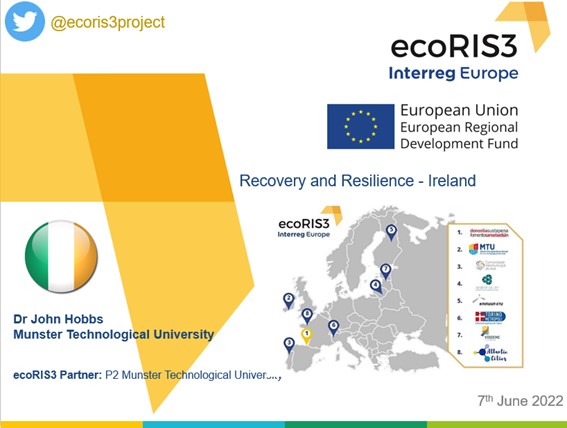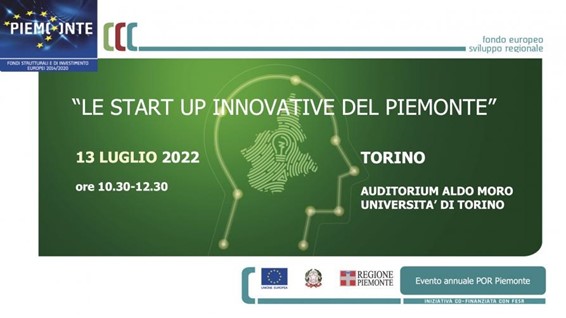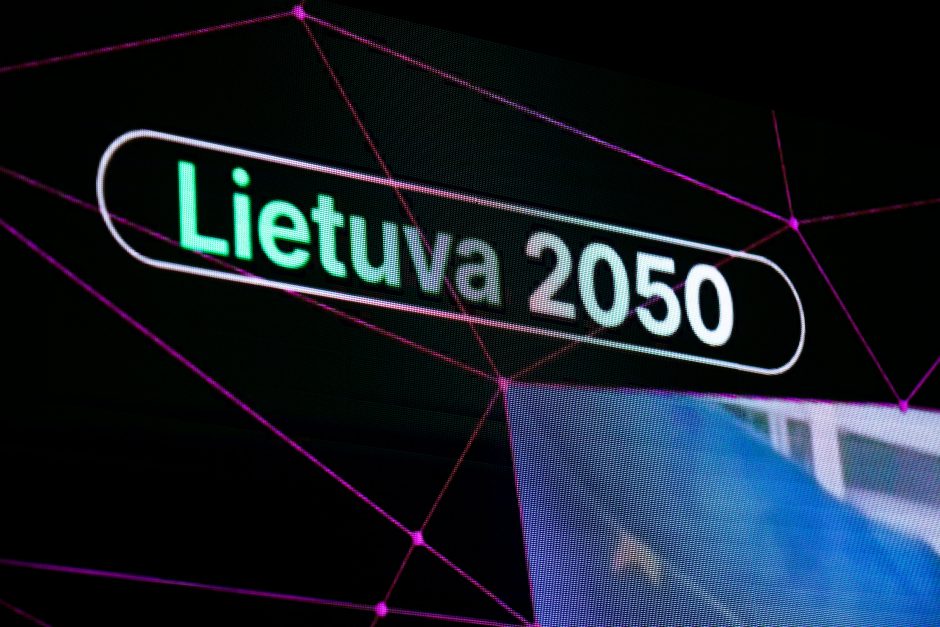The 58th Annual Congress of the European Regional Science Association was held at University College Cork from the 28th to the 31st of August 2018. The focus of the congress was “Places for People: Innovative, Inclusive and Liveable Regions” which puts people back at the heart of regional and urban development to examine how spatial and regional analysis can work to improve people’s lives. The Congress developed a large variety of themes in spatial, regional, and urban economics, economic geography, and regional policy topics like local governance and institutions.
A number of sessions focused on Regional Innovation Systems and the Evaluation of Smart Specialisation Strategies topics of interest to the Interreg Europe ecoRIS3 project.
Prof. Marcus Dejardin, University of Namur, Belgium discussed the impact of ‘global open innovation practices of SMEs and how these practices support regional innovation ecosystems.’ Professor Dejardin suggests that “Innovation accounts for a significant part of regional economic growth and contributes to the resilience of regions by creating a regional innovation ecosystem. SMEs rely increasingly on boundary spanning activities, referred to as open innovation (OI) practices, such practices need to be supported at the policy level, as the complexity of innovation increases.” Prof. Michael Fritsch, Friedrich Schiller University Jena, ‘Actor Fluidity and Knowledge Persistence in Regional Innovation Networks.’ He spoke to the impact that inventors have in a knowledge network and the impact of knowledge loss on innovation levels in a number of landers in Germany.

Image: The 58th ERSA Conference took place in University College Cork from the 28th to the 31st of August 2018 in Ireland with over 800 delegates in attendance.
Dr John Hobbs, Cork Institute of Technology presented a research paper ‘RIS Planning for Anticipated Structural Change,’ which was conducted in collaboration with colleague Dr Eoin Byrne and Panu Jalas, University of Oulu. This research aimed to provide inputs for Anticipated Structural Change planning in Pyhäjärvi, Finland due to the closure of the Pyhäsalmi Mine in 2019 which employs 4,700 staff. Data from a V-LINC analysis of 13 mining services firms from the mining cluster were interviewed to evaluate their linkages and connections with triple helix actors. One findings related to the difficulty the 13 micro-enterprises have in creating research connections with universities and research centres. Dr Hobbs suggests “the ecoRIS3 project can provide guidance for the Nihak region when seeking to stimulate the development of industry/academic relationships. The findings and sharing of good practices from ecoRIS3 and the Interreg Europe Good Practice database provide examples from across Europe used to connect firms with academic research to help grow their products and service capabilities and reach new markets.”
Dr. Noirin McCarthy and Justin Doran (member of the ecoRIS3 local stakeholder group in Cork), University College Cork presented their research on ‘the Importance of Local, National and International Collaboration for Innovation.’ Similarly, one of the findings presented spoke to the difficulty in the creation of industry/academic linkages. Results presented from the Irish Community Innovation Survey (CIS) data from 2012-2014 found a negative correlation between innovation and linkages between Irish based firms and international (outside of Ireland) academic institutes. Such connections were negatively effecting innovation levels – with the authors suggesting this could be limited by the geographic distance and time taken to create and develop such linkages. A worrying trend which showcases the importance of the ecoRIS3 projects aim of increasing the ease of creating industry/academic R&D linkages for both firms and universities.
Image: Dr Eleanor Doyle, University College Cork, member of the ecoRIS3 local stakeholders group in Cork, presents at the ERSA conference in UCC on the 30/8/2018.
Prof. Eleanor Doyle, Vice Dean, Internationalisation & External Engagement at Cork University Business School presentation dealt with the topic ‘RIS3 Via Clustering: Filling Policy Interstices in Irish Regional Development.’ Professor Doyle in a collaborative paper with colleagues Sean O'Connor and Stephen Brosnan spoke to the difficulties in having a regional RIS3 strategy in Ireland and a move away from a more centralised approach. Professor Doyle is a member of the local stakeholders group for the ecoRIS3 project in Cork.
Further information on the ERSA Conference and it’s programme in Cork is available through https://ersa.eventsair.com/QuickEventWebsitePortal/58th-ersa-congress-cork-28-31-august-2018/ersa2018.
